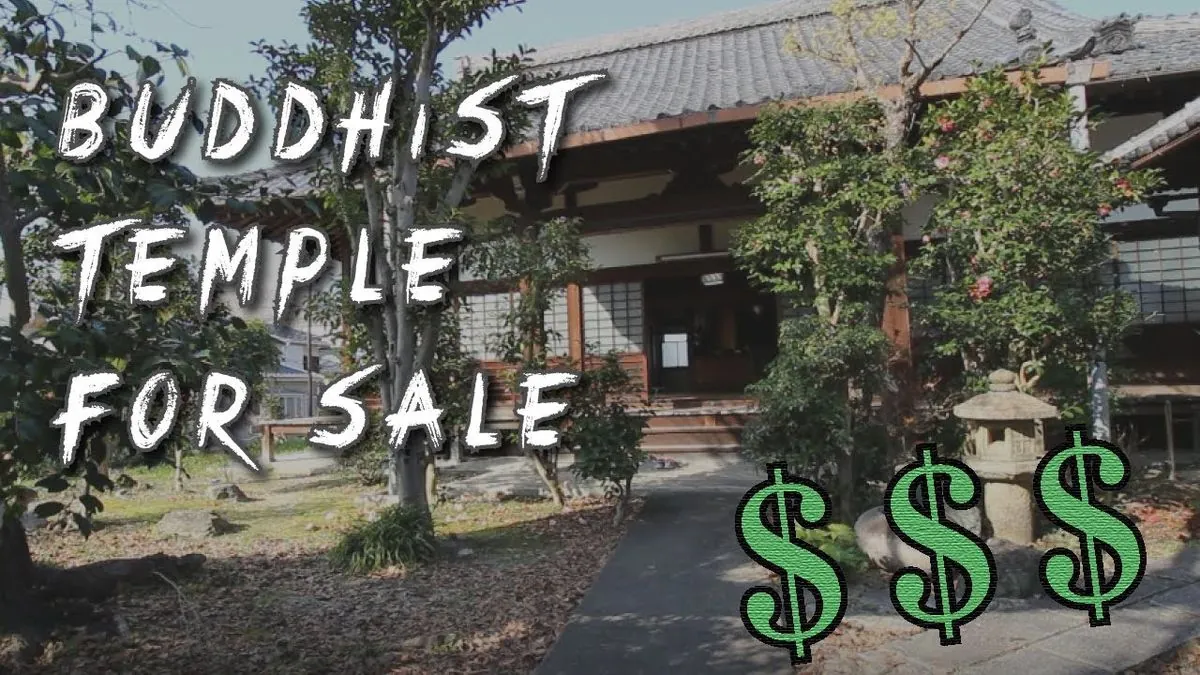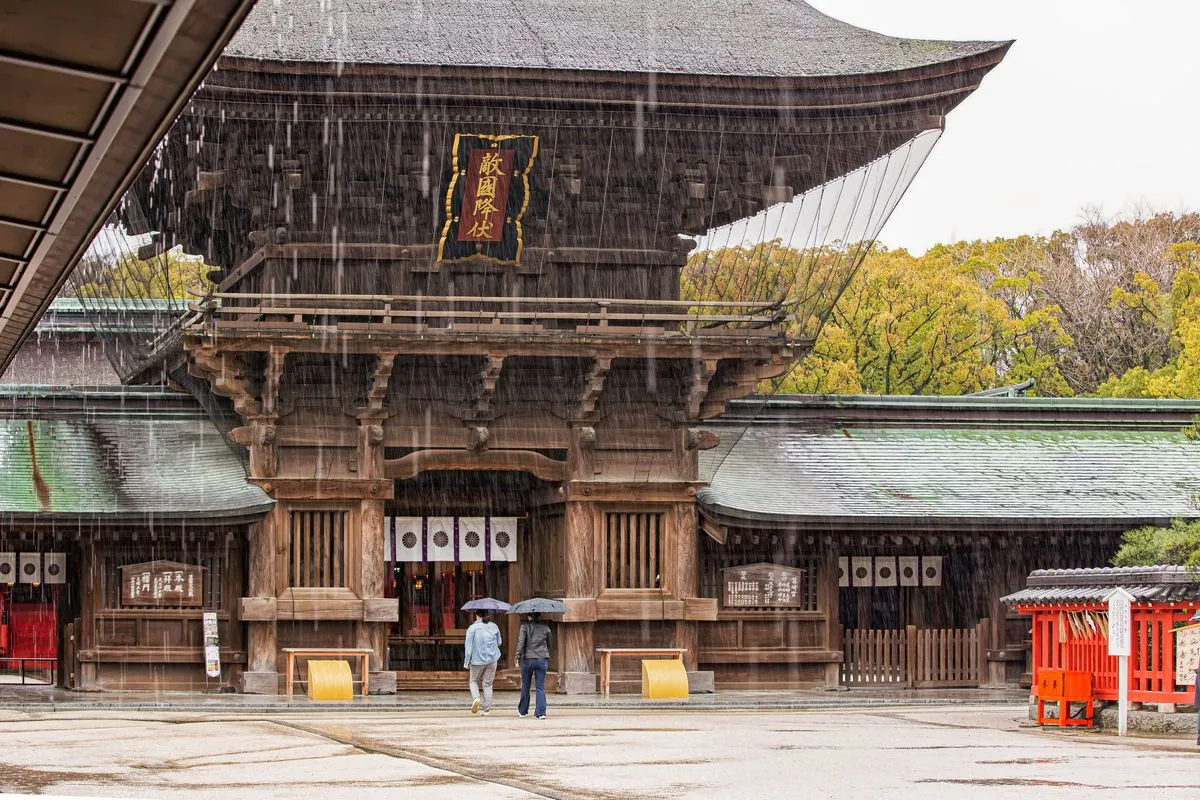Japan's Religious Sites Face Tax Exploitation Amid Declining Faith
As interest in religion wanes in Japan, authorities grapple with potential misuse of tax-exempt status for religious properties. The surge in sales of temples and shrines raises concerns about exploitation and money laundering.

In Japan, the ownership of religious properties comes with significant tax advantages, a fact that has recently caught the attention of authorities and real estate investors alike. As the country grapples with a declining population and waning religious interest, an increasing number of temples and shrines are being put up for sale, raising concerns about potential exploitation of their special tax status.
Benmou Suzuki, a 52-year-old monk, recently experienced this firsthand when two purported real estate brokers approached him about selling his 420-year-old temple. Located in the remote village of Sanbagawa, the temple is one of several religious sites in an area with only 500 residents. Suzuki believes the interest stems not from the temple's historical or spiritual value, but from the tax benefits associated with religious corporation status.
"There are people out there who want a temple, even a mountain temple like this. In fact, considering the value of the religious corporation status, this temple could fetch quite a lot of money."
The surge in religious properties coming to market has sparked alarm among Japanese authorities. They fear that many prospective buyers are more interested in tax evasion or money laundering than in preserving these sacred spaces. An official from Japan's Agency for Cultural Affairs expressed concern, stating, "It's already a sense of crisis for us and the religious community."

Recent cases have fueled public outrage. In Osaka, a temple sold in 2020 was demolished to make way for property development, with dozens of graves relocated. In Kyoto earlier this year, a temple was razed and turned into a parking lot, causing a media stir.
Japan's religious landscape is diverse, with over 80,000 Buddhist temples and 85,000 Shinto shrines. The country's constitution, implemented after World War II, guarantees freedom of religion and separation of state and religion. This legal framework, established by the Religious Corporations Act of 1951, allows religious organizations to operate a wide range of businesses with preferential tax rates.
As of late 2023, Japan had approximately 180,000 religious sites with corporation status. Alarmingly, the number of inactive corporations – those without religious events for over a year – has increased by a third to more than 4,400. This trend is partly due to Japan's demographic challenges, with the population declining since its peak in 2008.
To combat potential abuses, the Agency for Cultural Affairs has intensified efforts to dissolve the corporation status of inactive religious sites. In 2023, 17 religious corporations were voluntarily dissolved, and six were ordered to dissolve. The agency expects these numbers to rise in the coming years as scrutiny increases.
The issue is complex, as amending laws related to religion could be seen as infringing on religious freedom. This constitutional protection makes it challenging for the government to implement stricter controls on religious property purchases.
Real estate broker Takao Yamamoto reports a surge in interest for these properties. He notes that a religious corporation license alone can sell for about 30 million yen ($210,000). Some sites, particularly those with profitable graveyards, are marketed for millions of dollars. Yamamoto added, "Anyone can buy independent sites as long as you have money...even foreigners can buy them. Recently, a lot of Chinese people are trying to buy them."
Despite these challenges, some religious leaders, like Suzuki, remain committed to preserving their sites. "Temples are places for local people to gather and forge connections. We just can't get rid of them," he affirmed, exploring fundraising ideas to maintain his ancient temple.
As Japan navigates this complex issue, it must balance preserving its rich religious heritage with preventing the exploitation of tax benefits. The situation highlights the broader challenges facing the country as it deals with demographic decline and changing social attitudes towards traditional institutions.


































